If you listen closely, your body is trying to tell you something. Your heart rate is a key indicator of your overall health. A regular heart rate is a good sign that your cardiovascular system is functioning as it should. However, an irregular heart rate, one that may be too slow or too fast, can indicate that there’s a health problem that needs to be addressed. It may be quiet and subtle, but your heart rate is incredibly important for your overall wellness.
In this blog, we’re taking a closer look at your heart rate and why it’s so important to keep an eye on this number. Over time, an irregular heart rate can lead to serious cardiovascular problems, such as a stroke or even sudden cardiac arrest. By closely monitoring your heart rate, getting the right amount of exercise, and eating a heart-healthy diet, you can reduce your risk of these serious health issues.
Additionally, many individuals also incorporate heart-healthy organic health supplements as part of their daily diets. At PhytAge Labs, we’re proud to offer our leading cardiovascular health supplement, Heart Beat 911, to help support cardiovascular health and functioning. As a leader in the health supplement industry, we also offer a full line of all-natural, organic health supplements to address a variety of health issues. With many top-selling health supplements, such as Nerve Control 911, Prostate 911, Tinnitus 911, and more, we’re sure to have a health supplement suited for your healthcare needs.
What’s a Normal Resting Heart Rate?
A normal heart rate, also known as your pulse rate, is the number of times your heart beats per minute. Thus, your normal resting heart rate is the beats per minute when you’re in a general state of rest. For most individuals, a normal resting heart rate is between 60 to 100 beats per minute. However, some experts note that the ideal heart rate is closer to the 50 to 70 range. Of course, it’s important to remember that a healthy, “normal” heart rate will depend on a variety of factors.
What’s a Normal Active Heart Rate?
Compared to your resting heart rate, an active heart rate is the number of beats per minute while you’re exercising or active. Your active heart rate will be significantly higher than your resting heart rate because aerobic exercise causes your heart to beat faster. Active heart rate will vary more from person to person than your resting heart rate because it depends on a variety of factor and what type of activity you’re involved in. Some of these factors will include the type of exercise, the intensity of exercise, the duration of activity, your fitness level, and even environmental factors like the air temperature.
To determine a normal active heart rate, your age plays an important role. Follow these steps to determine your ideal active heart rate the next time you’re working out.
- Subtract your age from 220 to identify the maximum heart rate.
- Then, multiply the maximum heart rate by 0.65 to identify the lower limit of your ideal heart rate range.
- Multiply your maximum heart rate by 0.76 to find the upper limit.
For example, if you’re 20 years old, you’d subtract 20 from 200. Then you would multiply 200 by 0.64, getting 128. Finally, multiply 200 by 0.76, getting 152. Therefore, your ideal active heart rate would be between 128 – 152 bpm (beats per minute).
Can I Check My Own Heart Rate?
Luckily, you can easily check your own heart rate without even having to visit your doctor or local pharmacy. First, just find your pulse. Checking on the side of your neck or the front of a wrist is the easiest way to do so. Once you’ve found your pulse, count the number of beats you feel in 30 seconds. Simply double that number and you’ve found your resting heart rate. Additionally, this can be an effective way to check if you have an irregular heart rate as you’ll be able to feel the out-of-sync nature of your heart rate.
Why Does Your Heart Rate Matter?
Generally, most of us never even think about our heart rate unless something unusual occurs. Luckily, our bodies mostly do all the hard work in maintaining a normal, healthy heart rate, but if something does go awry, it’s important to consult your doctor immediately. If left untreated, an irregular heart rate can lead to more serious cardiovascular problems. In extreme cases, this may even lead to heart failure, stroke, or sudden cardiac arrest.
Your heart rate is so important because, in many ways, your heart is the engine driving your entire body. And while cardiovascular issues generally take a long time to develop, an irregular heart rate can be a helpful early warning sign that something is wrong. Essentially, your heart rate is important because your heart is important. Your heart works to circulate oxygen and nutrient-rich blood throughout your body, reaching your brain and other vital organs. When your heart isn’t functioning properly, almost ever aspect of your overall wellness is negatively impacted.
What Factors Influence Your Heart Rate?
Many different factors will influence your heart rate. By understanding these factors, it becomes easier to identify which may be affecting a slow, fast, or irregular heart rate.
Some of the most important factors affecting heart rate include:
- Age.
- Fitness level.
- Use of any medications.
- Air temperature.
- Weight.
- History of cardiovascular disease.
- High cholesterol.
- Diabetes.
- Lifestyle choices, including diet and smoking.
- Body position.
- Emotional state (stress and anxiety can increase your heart rate).
Ways to Boost Your Cardiovascular Health
There are many natural ways that you can work to protect your heart and improve your overall cardiovascular health. Some of the most effective include:
- Get regular exercise (especially aerobic exercise, like running, jogging, or swimming).
- Maintain a healthy weight.
- Eat heart-healthy foods.
- Quit smoking.
- Relax and avoid things that make you stressed or anxious.
Conclusion – What’s a Normal Heart Rate? (Resting, Active, and Everything In-between)
In addition to a healthy diet and regular exercise, you can also boost your cardiovascular health with an organic health supplement designed specifically to improve your heart health. Our innovative health supplements, developed by the experienced and innovative team at PhytAge Labs, can help you address your current health problems, such as an irregular heart rate, and boost your overall wellness.
Contact us today to learn more about our complete line of all-natural health supplements.
 Cart
Cart




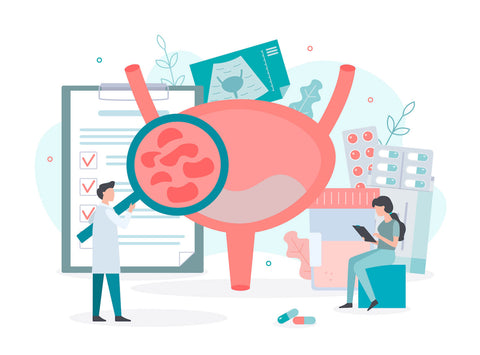




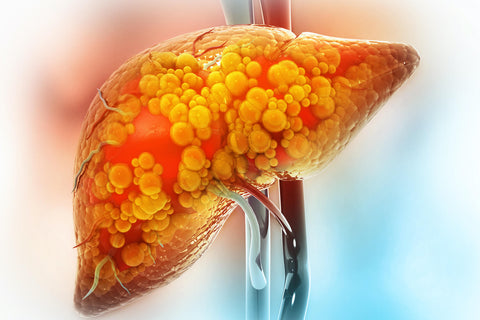





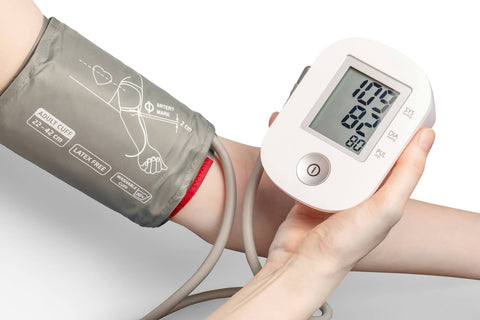

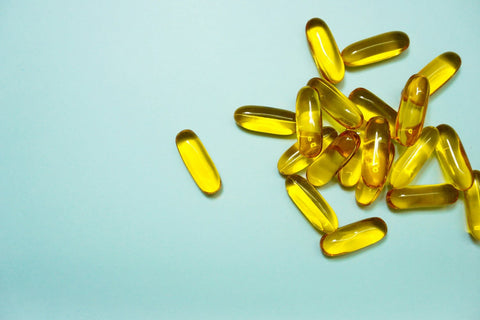
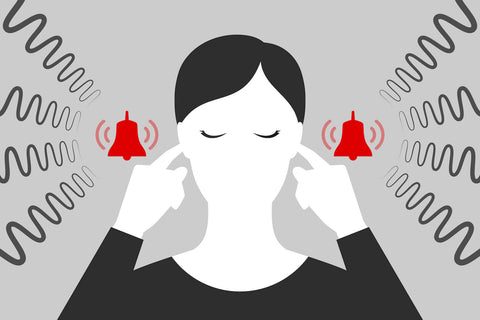



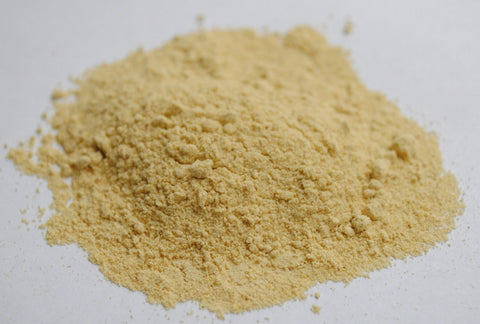
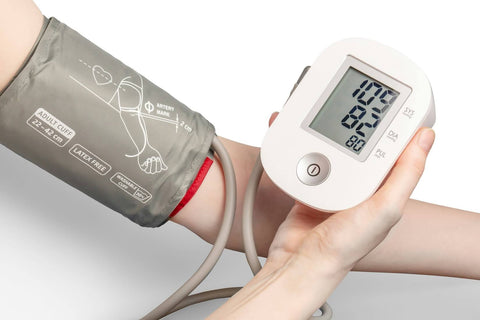
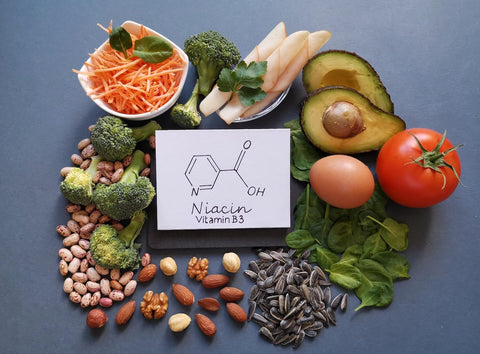

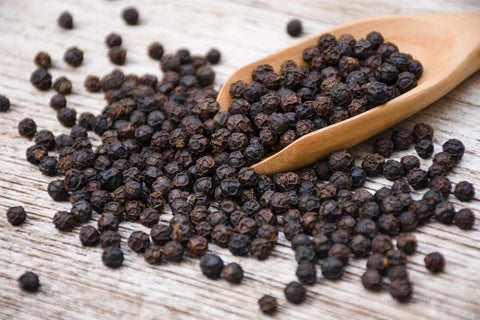


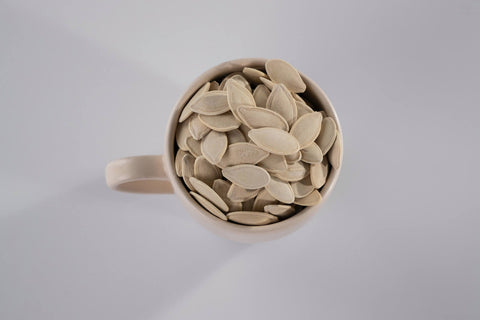
















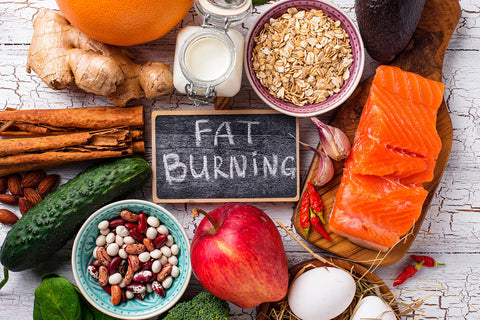





 1-800-822-5753
1-800-822-5753
